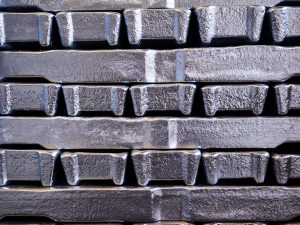The planet’s resources are not infinite and owing to decades of less than optimal practices, we see carbon dioxide levels rising which in turn is potentially changing our climate. As a result, environmental consciousness is high at a personal level. It’s also growing at a business level.
This necessitates us reviewing and considering alternatives in materials, methods and processes that apply to our industry (as much as it does to any other industry).
Can we be green and recycle responsibly without incurring unsustainable high costs?
The really good news where environmental responsibility is concerned, is that it can also make good economic sense.


Secondary aluminum ingot
This is particularly evident in manufacturing in general, and in the window and door industry in particular. And, of course, when anything makes good economic sense, people have an additional powerful motivator for doing the right thing.
One such example is the emergence of closed-loop recycling within the fenestration industry, increasingly viewed as a valuable source of reusable product. Aluminum is a case in point; its initial production is extraordinarily energy-intensive.
From on-site sorting at the building, to scrap processors who use a multitude of smart techniques including electronics, magnets, x-rays, and compressed air, high-grade materials are reintroduced to the supply chain at a fraction of the energy cost of primary aluminum.
This secondary aluminum production is increasing globally. It contributes to reduced supply-side demand; coupled with more building refurbishments (versus traditional knock-down and rebuild approaches), these are examples of positive actions taken as a result of increased environmental awareness.
Introducing technology
At the same time, we should always seek process improvement on the manufacturing floor; there is nothing good about mistakes becoming windows and any window ending up in landfill is the worst-case scenario. Not only does this cost money in terms of wasted raw materials, effort and lost production, it also costs the environment.
That’s why good software is becoming an essential part of doing business. Combined with sound processes, it means being able to manage many more moving parts more effectively.
Raw material usage is optimized, with minimal waste and of course, optimizing your production lines means reducing power, water and other resource consumption down to the very minimum required.
It also means eliminating errors, with fewer manual hand-offs between the many different points in the value chain.
All that said, it is heartening to see the extent of environmentally responsible practices from many manufacturers across the United Kingdom and around the world. Today, one routinely sees statements and evidence of green initiatives. We are genuinely an industry that cares – and with only one planet, it matters.
